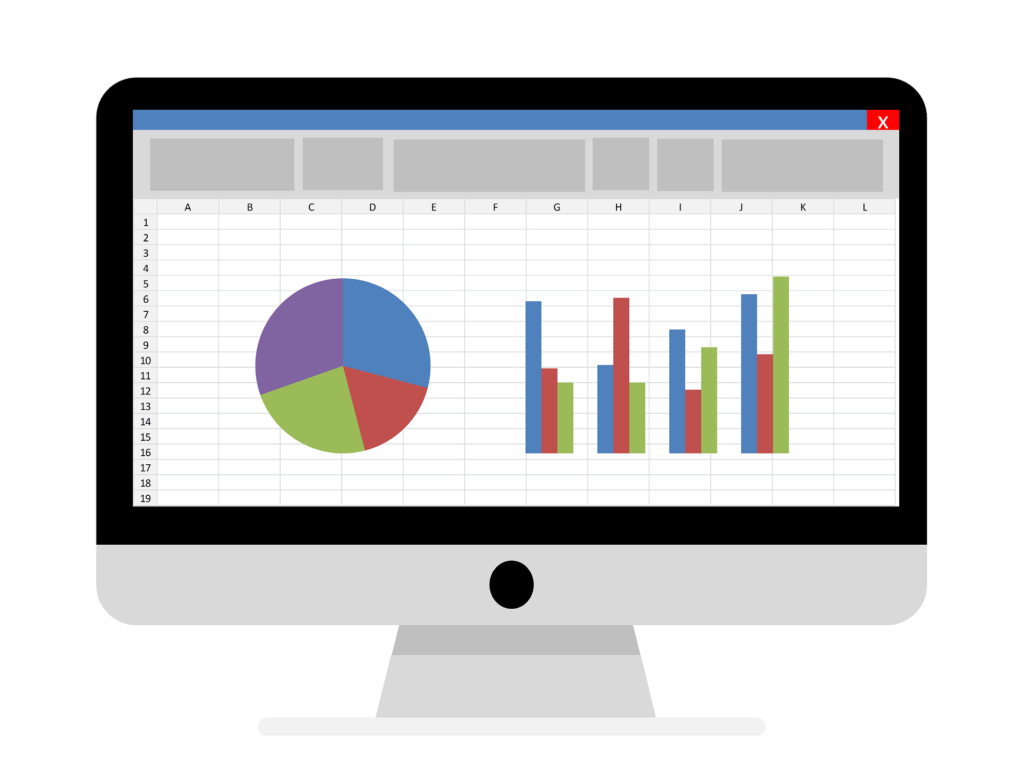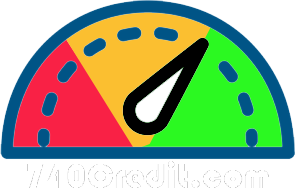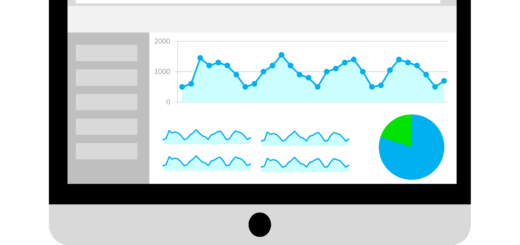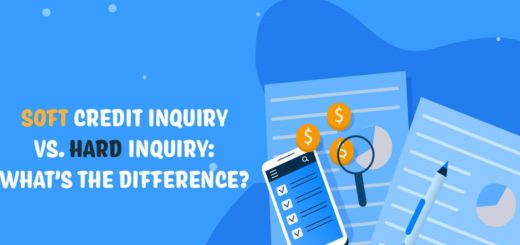Credit Score Basics

There are many ways to get ahead financially. You can attend seminars where you cut up your credit cards with hundreds of other people. There are debt consolidation services that help you take out a home equity loan or refinance your home. You can transfer debt on one credit card to another credit card with an introductory rate of 0%. The reason these methods often do not work in the long term is because we don’t concurrently cut our expenses while implementing these strategies. Even if we’re making more money, unless we cut expenses, we will continue to spend more money than we have and incur debt. Learn how to manage yourself and your money.
The first step to learning to manage your money is to understand your credit score. Your credit score will be used by lenders to determine if you are a good credit risk If they decide you are, that score will effect the terms of the loan you are given. The better the score, the better the terms. Better terms means lower rates and how much credit or money they are willing to provide.
What is a Credit Score
Your credit score (also called your FICO or Beacon score) will affect the interest rate you’re able to secure. Credit scores range from 500 to 850. Where are you on the scale?
What Do the Numbers Mean
- 500 and below-you are in serious trouble
- 650 to 680-you probably will have a difficult time getting credit, and if you do, it will be at higher rates
- 700 and up-excellent score
How Is Your Score Determined
- 35% of your score-Payment history
- 30%-amounts you owe
- 15%-credit history
- 10% new credit
- 10%-types of credit you have
There are three reporting services that can give you your score: Equifax, Experian and Transunion. At least once, do an experiment and order a report from all three. You will most likely find inconsistencies in the reports such as missing and incorrect information.




